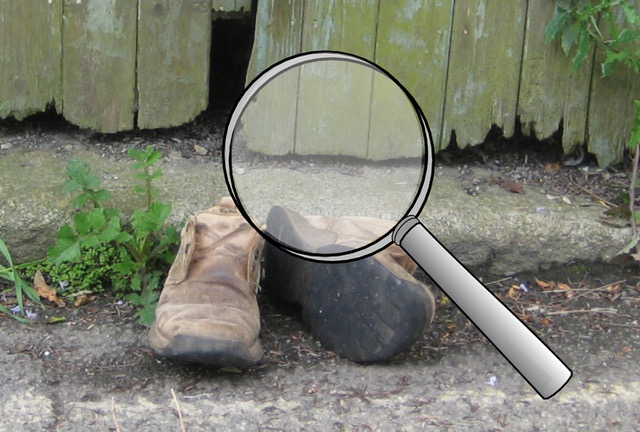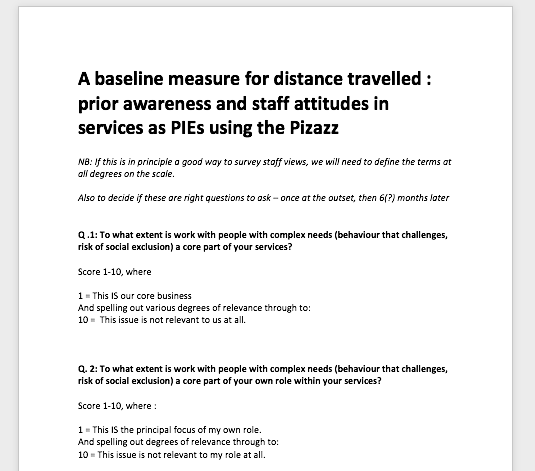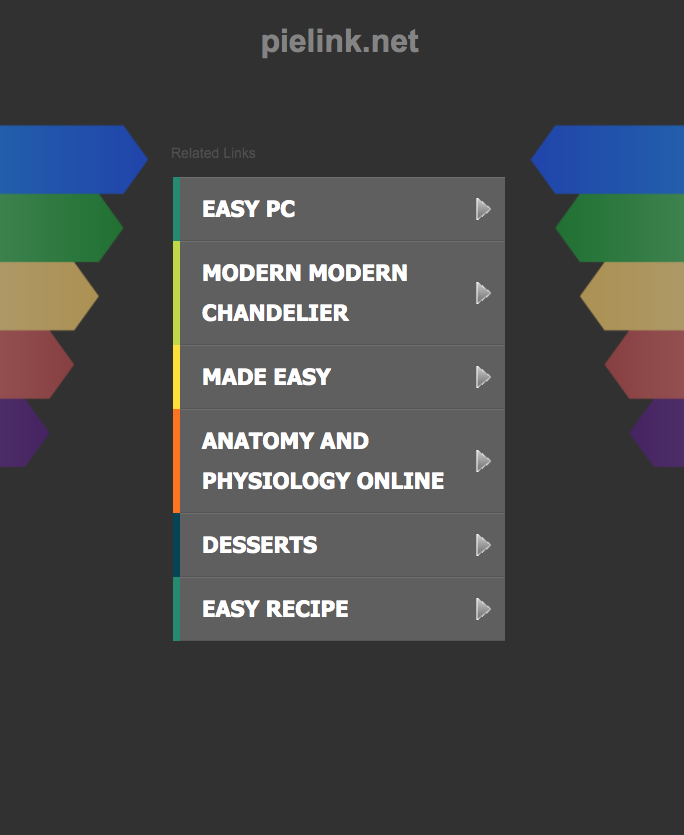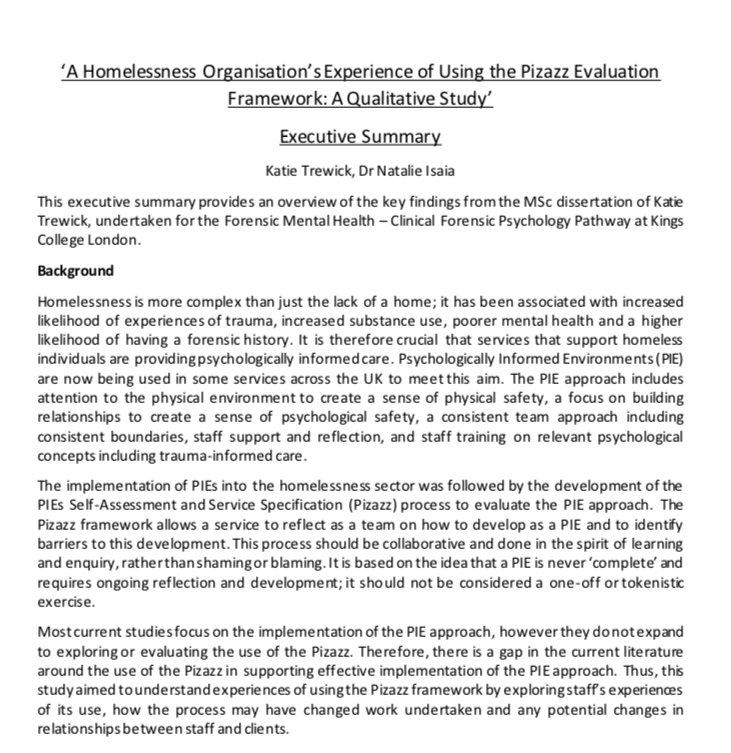Please note: we are waiting for the release of an email specific to this site, before launching the SIGs schedule dates. This is because we need an email address to send the contact details to, when members are able to sign up via the Contacts page. There will be an email to all PIElink members at that point, to notify them all of this new option..
Research and evaluation are actually two very different things.
But since they are often and easily confused – and there IS some genuine overlap* – here we will bring both together in one Special Interest Group discussion, where we can clarify the difference.

Like all the SIGs, the R&E SIG will have a monthly live discussion, via Zoom, at the ‘Happy Hour’ slot of 5pm – 6pm, UK time.
Research in social care innovation is bedevilled by the Hawthorn and placebo effects. One activity that we would invite both researchers and PIE leads to consider would be to assist with suggestions on a baseline measure for staff awareness and attitudes, for services using the Pizazz. Here attached is an early rough draft, for comments.

In addition, we anticipate that issues of and for research will come up continuously in the lunchtime forums : HERE
NB: Most of the actual examples that we have of effective research are available via papers or video on the PIElink, and not for the moment accessible. Hopefully this will be resolved before much longer – but it is taking a very long time….

For the moment, however, we can make a start by suggesting here some of the more useful approaches to research per se, that seem most compatible with the PIE approach.
For some examples, see (when it is available again) the ‘Research Modalities’ page on the PIElink:
(For the moment, a few examples are shown below)
The 2017 PIEs Research and Evidence conference – at which the working party to develop what later became PIEs 2.0 was launched – began with a challenge FOR research, from Robin Johnson
At that same conference, there was a very useful presentation from Juliette Hough and Becky Rice on ‘Conducting research and evaluation…. in a person- centred way’
Some months earlier, Zack Ahmed had given an outline of the research he was conducting, using participatory evaluation with drug and alcohol service users in East London.
video of Zack Ahmed
in this short (pre-publication) draft, Katie Treweek and Natalie Isaia describe the impact of using the Pizazz (on paper) to enhance the development of PIEs in a group of homelessness services.

………………………………………………………………..
Prepared initially for a PIE leads training course (‘On PIEs, Pizazz and the PIE Abacus’) that was never completed, here Robin Johnson suggests the ways in which the PIE Abacus software might provide researchers with an entirely new approach in ‘reclaiming the middle ground’: between small-scale, intimate and context-rich studies and large-scale standard-measurement quantitative research
………………..
- * For example, ‘formative evaluation’ is a recognised process of providing on-going feedback on whatever is developing, in the course of the development, and so becomes an integral part of the development process and the ‘culture of enquiry’.
- NB: Where an evaluation study is able to explore and challenge the relevance of the terms of the evaluation being conducted, it then does become research. But the subject of the research is no longer the original activity being researched, but instead, the methodology of evaluation itself.